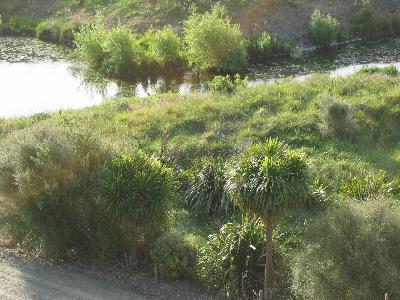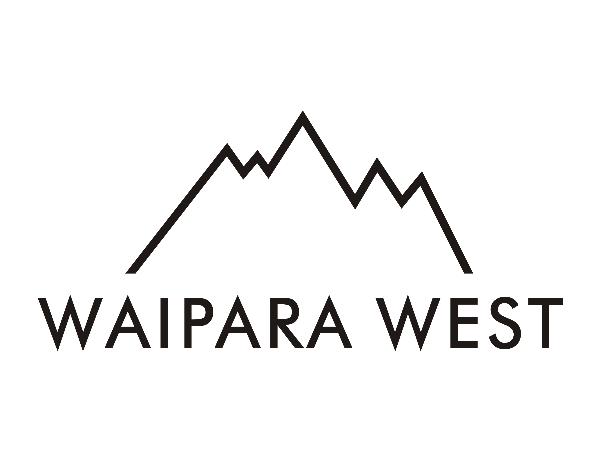
SUSTAINABILITY PROGRAMME AT WAIPARA WEST
The Tutton Sienko & Hill property, is a thin ribbon of multi-layered river flats sandwiched between Ram Paddock Road and the South Bank of the Waipara river, just before the road and the river wind into the Waipara Gorge.
We never envisioned this project as a monoculture, consequently we have planted vines in suitable pockets of differing river terraces, soils and microclimates. Surrounding these pockets, land is grazed by cattle and sheep, or used in our biodiversity projects.
Through our working relationship with Wai-Ora Landscapes (NZ native and regenerative plant specialists) we have encouraged regeneration of matagouri, coprosmas, and rare mulenbeckia astonii on the steep banks of our terraces. These host populations of NZ skinks and geckos, and rare native moths. Lincoln University uses Waipara West as a native moth and butterfly trial.
Several cluster plantings of native trees, shrubs and flaxes provide a bird corridor along our riverbank, especially for the bellbird; while the irrigation pond is a haven for waterfowl. Resident populations of morepork, grey heron, swallow, quail, kingfisher, and hawk continue to breed and flourish.
Waipara West use overhead netting to protect grapes from bird damage, this has minimal impact as it only removes a potential, seasonal and unnatural food source. During this period we feed our resident hawks to keep them focussed on the vineyards, thus providing natural predator control against exotic grape-eating avians.
The winery building is surrounded by titi trees and flaxes, with plans for a local master weaver to hold workshops in these gardens utilising the flaxes to weave traditional Maori crafts, and encourage the continuity of these skills within our region. We are very excited about this initiative.
Only registered Bio-Grow products are used on the vines, so our vineyards do not suffer from in-organic fertiliser, insecticide, herbicide use. Sheep graze through the vines over late autumn and winter. Through the use of irrigation scheduling, only essential and minimal water is drawn from our ground waters for vine irrigation. Any water leaching through, is naturally returned to the river system.
On the human scale – we have a small, full –time staff, many who have been with us long term. We provide full time and seasonal harvest employment for local people. We are a hands-on vineyard – and hand-picked!
Overall we recycle everything from the vineyard, winery and homes here, nothing goes to landfill. Zero waste.
All of us here, family and staff, respect this unique terroir we live and work amongst. Every day it provides something small but wonderful, like ladybirds, or a swallows’ nest, or cicada song, that rewards the path we are following.





